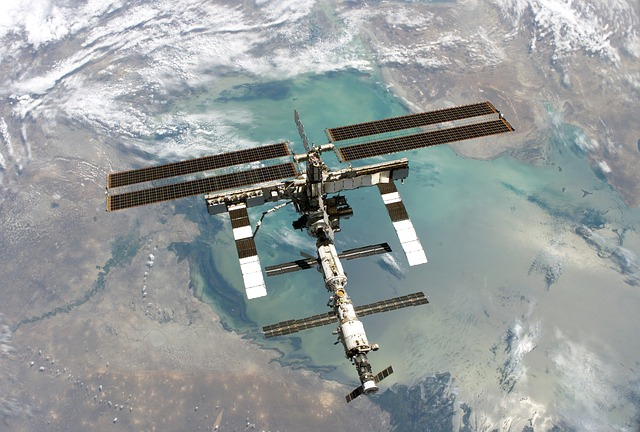
Recently a biology student from Portland has discovered plastic eating bacteria, which could be used to minimize plastic pollution on the blue planet. On the other hand, a Russian scientist came with a shocking news about some terrestrial bacteria, which were sent to space once but could become a threat to the existence of life on earth.
The threat was revealed after a Russian experiment called 'Biorisk' stated that various microorganisms were sent to space but they survived in the extreme condition on the surface of International Space Station (ISS).
The experiment was conducted in January 2005 by the Russian scientists on ISS Russian segment. They used 68 different organisms to find the results that include insects, bacteria, vertebrate animal and higher plants. As per the experiment report, which was prepared for the meeting of the International Committee on Space Research in US in July 2017, researchers clearly stated their shocking findings.
In the report, scientists said that they saw the mutated bacteria to become extremely aggressive and they showed high resistance abilities to antibiotics after their return to earth. In addition, researchers also mentioned that the eggs of crustaceans and caviar of American toothcarp fish also managed to survive for 2.5 years in the same harsh condition.
As per Russia's international news agency, RIA-Novosti, the report added, "The living organisms are capable of surviving in outer space. Hypothetically, in a distant future, the arrival of alien substances from other planets to Earth may be possible as well as to other planets from Earth. The danger is posed by terrestrial microorganisms that returned from space after visiting another planet and transforming in an unknown manner in its atmosphere."
However, the Russian scientists have decided to use the findings to develop a measure that would protect the earth and all the living creatures on the planet from such terrestrial threat.
As it was written on the study report, 'Biorisk' experiment, managed by Doctor of Biology, N.D. Novikova, have the practical perspective "for the justification of the planetary quarantine strategy during future interplanetary flights."
The man objective of this research was "Acquisition of new data on possible manifestations (boundaries) of phenotypic adaptation and genotypic changes in bacterial and fungus associations forming a typical micro-biota of structural materials used in space technology."








